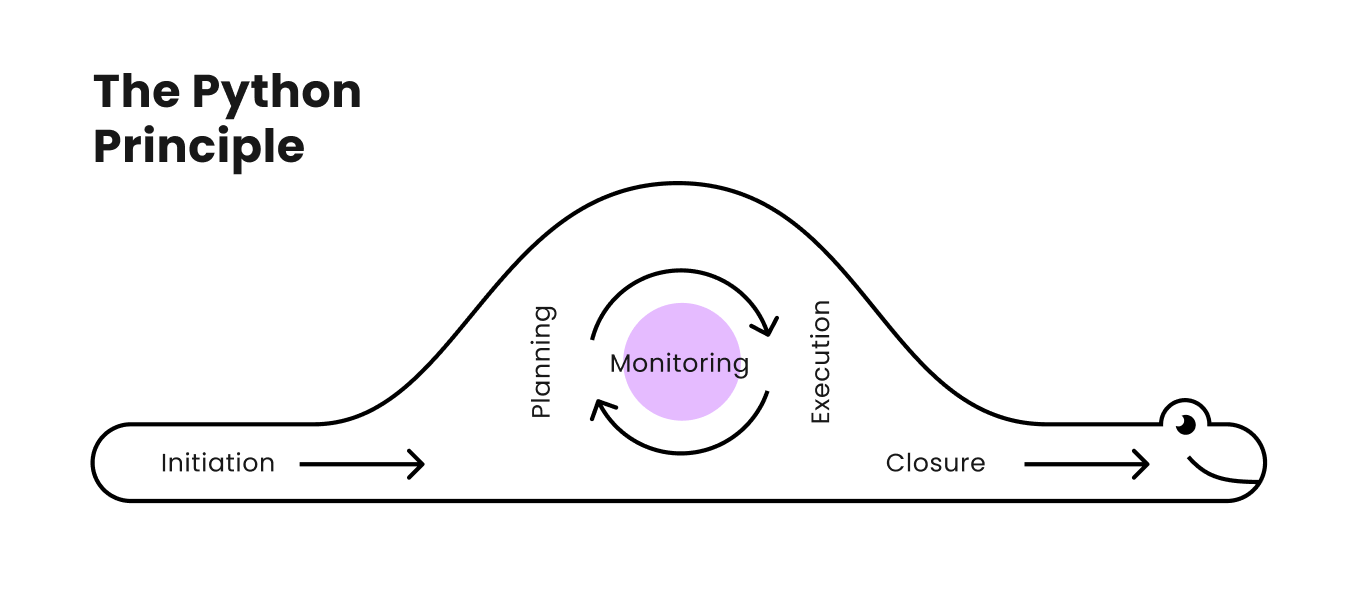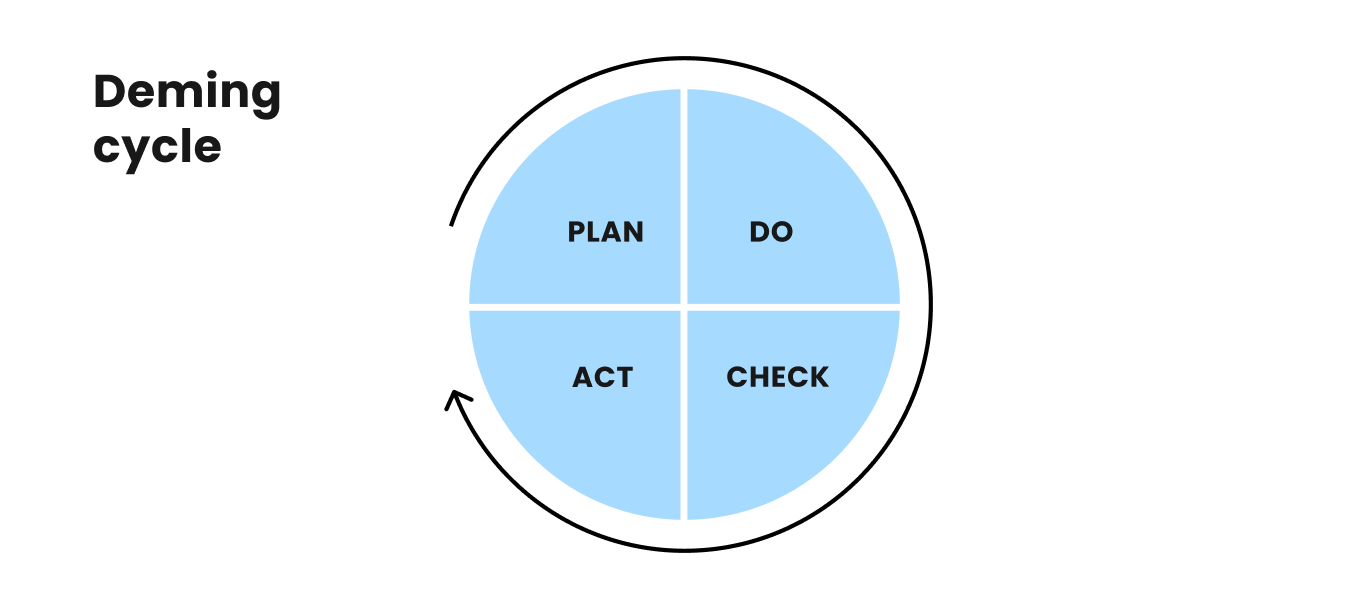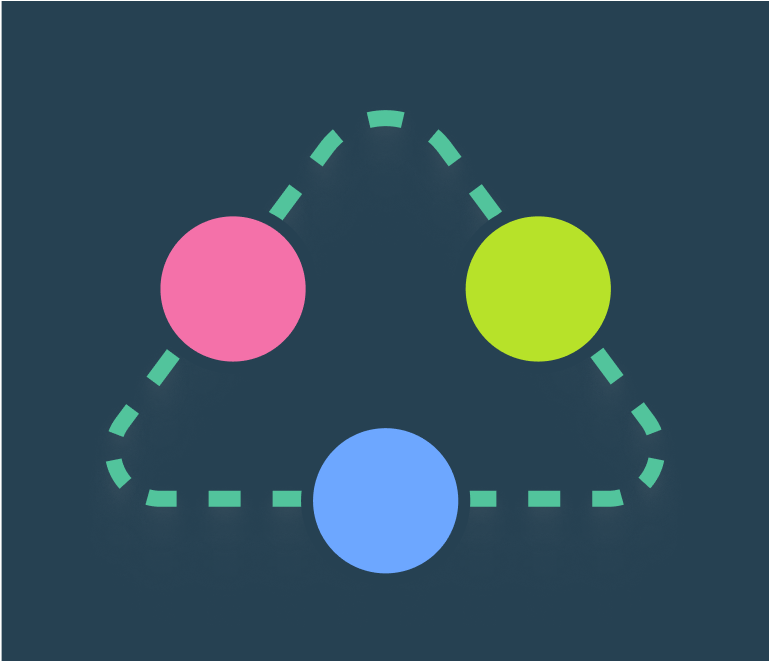Essential Project Management Principles
The Principles of the Python and of Teamwork and Proactivity
In the previous article, we explored the first principle of project management — the Egg Principle. Now, let's discuss the remaining two — the Principles of the Python and of Teamwork and Proactivity.
The Python Principle
The Python Principle is quite simple and obvious. What is a python? Every project consists of elements. At the project's outset, the initiation phase is where you ponder whether to launch the project or not, and how to do it. And, when you've decided that you are undertaking this project and have defined its scope, the initiation ends.
Every project concludes with a closure. You've accomplished what was promised, staying within the defined limits. Subsequently, you're assessed as a project manager based on the project management triangle.

Between the initiation and closure, there is a tangle, which represents the Deming Cycle or PDCA cycle. This was proposed by Deming — the American architect of the Japanese economic miracle. What was his idea?
Deming sought to discover how to organize the process of continuous improvement. He said the following: “If you're doing something and want to do it well, first plan, then begin doing, then check how it's going and finally make adjustments based on what you've found that can be improved”.
This cycle has become very popular, far beyond the confines of quality management, particularly in project management. Essentially, the Deming Cycle is at the heart of the python.
That is, once you've initiated the project, and before you close it, you will be planning the project, working on it, checking, and so on, in a loop.
Teamwork and Proactivity in Project Management
The third and last fundamental principle is Teamwork and Proactivity. Before we delve into it, let's answer the question: Does a project manager need to be an expert in the project's subject?
Why is being an expert beneficial? You understand everything about the project, you can assist the team, and prevent being deceived. However, why do companies often choose a non-expert manager despite an abundance of experts ready to become managers? Because the main question remains: What should a project manager be an expert in?

Take the simplest IT project as an example. What does the team look like? Developers, testers, analysts, may be designers, DevOps. So, what should a project manager be an expert in? If he's a developer, he's likely not a very good tester, probably a poor analyst, and what about his design skills?
Thus, in most projects, it's absurd to seek a manager who would be an expert in all the fields his project's team members are. On average, it takes a person 2–3 months to immerse in the subject area, which is usually sufficient.
Therefore, a project manager is not an expert. He should not be confused with a department head, who acts as a mentor, teaching people. A project manager is more of a gravitational center. But how to plan, then?
The key point of project management is that the manager does not make plans alone. He takes key people from the team, and these people start to make the plan. All plans are made as a team, involving people, in dialogue, however challenging it may be. This is the principle of teamwork.
And what is proactivity? It's the opposite of reactivity. All risk management in project management is about proactivity. The manager is someone who tries to actively anticipate problems together with the team and understand what to do to prevent the risk from happening or to minimize its damage.
Conclusion
Thus, the journey through these principles is more than an academic exercise; it's a practical guide to enriching our project management toolkit. Whether you're a seasoned project manager or new to the field, these principles offer valuable insights and approaches to enhance your projects' outcomes.
As we continue to face ever-evolving project challenges and opportunities, let these principles of Egg, Python, Teamwork, and Proactivity serve as your compass, guiding you towards more effective, collaborative, and proactive project management.



